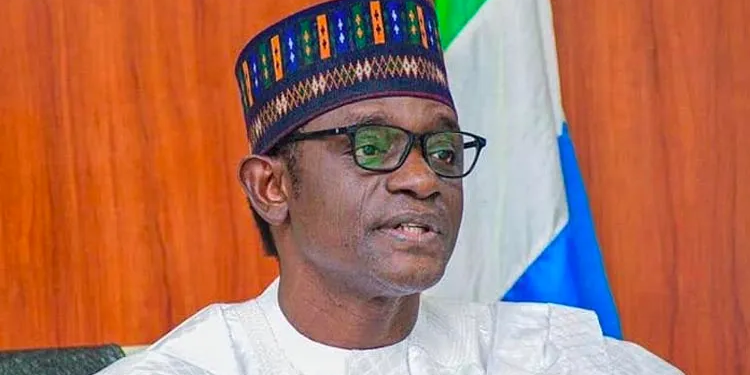The Yobe State government has taken a significant step to boost local economic growth and empower small business owners by injecting ₦1.5 billion into the hands of 15,000 entrepreneurs. The financial support, aimed at promoting financial inclusion and grassroots development, underscores the state’s commitment to fostering self-reliance and resilience among its citizens.
Speaking at the official launch of the initiative at the Government House in Damaturu, Governor Mai Mala Buni highlighted the critical role of nano and small businesses in driving economic transformation. Beneficiaries of the program will each receive ₦100,000, enabling them to expand their businesses and improve their living standards.
“This initiative reflects our commitment to protecting the vulnerable, empowering citizens, and fostering self-reliance,” said Governor Buni. He described the intervention as a dual-purpose effort to address immediate economic recovery needs while building a foundation for sustained growth and resilience in the state.
Strengthening SMEs for Economic Transformation
The Executive Secretary of the Yobe State Small and Medium Scale Industries Credit Board, Alhaji Muhammad Alkali, provided insight into the broader impact of such programs. According to him, the agency has supported over 24,160 small and medium-sized enterprises (SMEs) in the state, significantly boosting economic activities and enhancing livelihoods.
“This initiative aligns with the state’s long-term vision of strengthening SMEs as the backbone of our economy. These businesses play a crucial role in reducing unemployment, alleviating poverty, and fostering economic independence,” Alkali remarked.
The beneficiaries, drawn from diverse sectors, expressed optimism about the positive impact the financial assistance would have on their businesses. Many noted that the funds would help them purchase inventory, improve operations, and explore new market opportunities.
A Model for African MSME Development
Yobe State’s intervention is a testament to the role of government in creating an enabling environment for small businesses to thrive. By prioritizing financial inclusion and ensuring equitable distribution of resources, the state is positioning itself as a model for other regions in Africa seeking to empower their entrepreneurial ecosystems.
The initiative also sends a strong message about the importance of collaboration between government agencies and business owners to drive sustainable economic growth. As African MSMEs face challenges such as limited access to finance, programs like this highlight practical solutions to unlock their potential and transform local economies.
This effort reflects the broader need for African governments to prioritize MSME empowerment as a catalyst for achieving the continent’s development goals. By leveraging similar programs, other regions can replicate Yobe’s success and accelerate economic progress across Africa.










